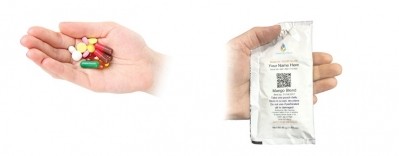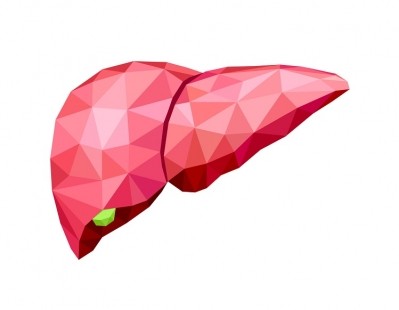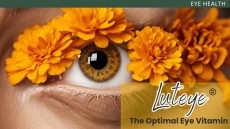Is it time for supplement companies to move away from ‘cleanse’ and ‘detox’?
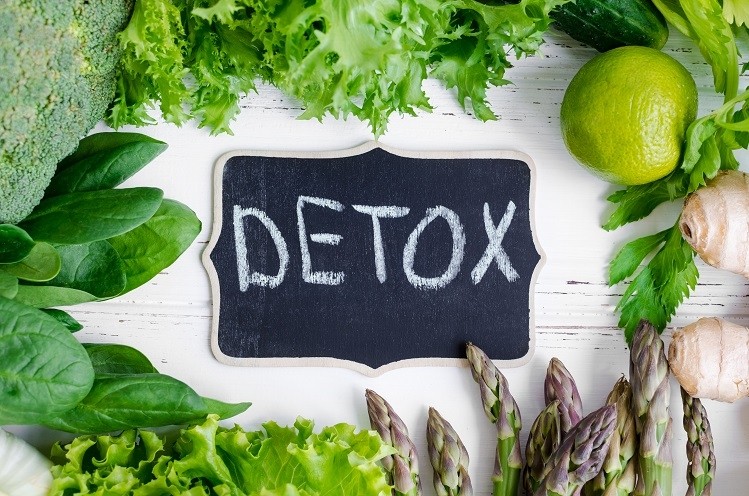
In the field of medicine and toxicology, the term detoxification is used to describe the liver’s natural process of removing toxic substances from our body. This includes eliminating alcohol from the beverages we drink or the naturally occurring yet toxic ammonia, a byproduct from when our body processes amino acids in foods so they can provide energy.
Clinicians in a drug rehabilitation context use the word ‘detoxification’ to describe the process of helping individuals with substance use disorder reduce or relieve withdrawal symptoms.
But when the health and wellness industry co-opted the word, the meaning of the word detoxification, or detox, was stretched. Entrepreneurs and peddlers of diets use the word to suggest that eating a certain way or drinking a certain juice can undo damage already done after overindulging in food or alcohol.
Especially in the liver health category, product names like ‘Liver Detox’ and ‘Liver Cleanse’ create the assumption that the bioactives or ingredients from these products are the ones doing ‘detoxification.’
However, “no one ever tells you what is being detoxed to begin with,” said Dr Mark Miller, a consultant for dietary supplement and nutrition companies who has worked in product development for companies like Life Extension and Healthy Directions.
“Detox and cleanses are very common languages in the supplement space, and they upset me a lot actually,” he added. “My personal opinion is that the terms are used very loosely and have no meaning.”
Consumers still love the word
There is increased scrutiny toward the use of the words ‘detox’ and ‘cleanse’ in the health and wellness space. Search ‘liver detox’ on Google and the top two article results, from WebMD and Johns Hopkins Medicine, argue against them, citing lack of evidence of these diets’ and supplements’ efficacy.
Various thought pieces and investigative news items, such as Dara Mohammadi's 2014 piece in the Guardian and health correspondent Julia Belluz's many pieces on Vox, admonish consumers who buy into it and decry entrepreneurs that profit off of detox and cleanse products.
But juxtapose this with the rest of Google’s results on the first page, which include many lists of tips about how to detox the liver with juices and diets. Not to mention the handful of liver supplements advertised at the top of the page (Google’s shopping widget).
Ist here any way to quantify 'detox' in clinical trials for supplement efficacy?
Is there a way to design research or clinical trials that validate a 'detox' claim? We reached out to Dr Deann Liska, senior director of nutritionsciences and biostatistics at contract research lab Biofortis Research, a division of Mérieux NutriSciences.
"The terms 'detox' and 'cleanse' are used in different ways in the scientific literature, and the first step is to provide a clear definition that is supported by scientific rationale," she told us.
"This should involve a literature review and be conducted in alignment with the legal/regulatory requirements based on how the terms will be used. It may be possible to quantify the effects in a clinical trial, depending on the key aspect of how the terms will be used.
Measuring factors such as clearance rate of drugs or 'toxins' can be difficult and, given this would be an individual component, can limit a claim to only that component being tested. But, if the claim is more general or linked to subjective symptoms, then a clinical trial may be an option, or a literature review or other approach may be useful."
Read more about clinical trial design to validate liver health claims.
The truth is that most consumers love the word, according to Keena Roberts, senior consumer health analyst at Euromonitor International, a market research firm.
“These terms resonate pretty strongly with consumers, since the halo surrounding the word ‘detox’ is so powerful, especially for younger consumers,” she told us.
“People like the idea of being able to engage in unhealthy habits but still being able to counteract those negative effects with a ‘cleanse’ or a ‘detox regimen.’ These terms are still pretty powerful.”
Her sentiments mirrored that of Dr Mary Bove, director of medical education at Gaia Herbs.
“Detox has been given a meaning that helps sell products or whatever the fad is,” she said. “I understand why we use it, but I don’t think it’s going to stand up to science.”
How can supplement companies market liver health benefits?
Dr Bove added that she prefers the term ‘supports elimination’ over detox or cleanse. It’s DSHEA-compliant as a structure/function claim, and better reflects the mechanism of actions that many researchers of botanicals and nutrients postulate are occurring when ingredients like milk thistle or glutathione are consumed
Her company has products like Liver Cleanse (‘Supports elimination of toxins by the liver’), Liver Health (‘Daily support for a healthy liver’), and Cleanse & Detox Tea (‘Naturally supports the detoxification process’).
“There are things that mobilize our body to detox better,” she argued. “If our elimination systems aren’t working, those toxins get into the systems in our body and create issues.”
Dr Taylor Wallace, a food scientist and nutrition researcher, agreed.
“There are nutrients, choline being one of them, that if you’re sufficient in them, then your liver is likely to work properly, so it does its job better,” he said.
“So saying that something is going to detoxify your body, I think that’s confusing to consumers, versus saying something like ‘promotes liver health,’ I think is a lot more representative of what’s happening scientifically.”
Personalized nutrition paving the way
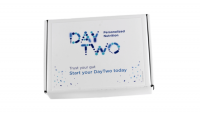
Dr Miller thinks that the rise of innovation in the personalized nutrition space may change the way product developers and product marketers deliver liver health products to consumers.
“When you talk about cleanse claims, the actions of cleanses are geared toward the microbiome. They alter primarily intestinal functions, colonic function,” he said. Problematic use of the term is when there is no way for consumers to quantify what has been cleansed
But with the rise of at-home microbiome analysis companies, such as Thorne Research’s Gutbio, Naveen Jain-owned Viome (which just bought Habit from Campbell Soup), and Israeli company DayTwo, “it’s possible that we’re entering a phase where languages like cleanse will transition,” Dr Miller opined.
“You can say, being a scientist and a professor, I’m too stringent on data. I think the public understands it [detox] conceptually, and they’re less driven by data. But we’re moving into this phase of personalized medicine where we provide consumers with data… you end up in a better place if there’s data.”
Dr Mark Miller, Dr Mary Bove, and Dr Taylor Wallace are panelists for our FREE Liver Health webinar on February 28, 2018
- Thursday, February 28 at 1 PM EST
- Duration: 60 Minutes
- LIVE Q&A session
- Experts from Gaia Herbs, Kaiviti Consulting, and The Think Healthy Group
From botanical blends to microbiome interventions, there is plenty of interest in better understanding how to support liver function. Join NutraIngredients-USA as we explore this topic with leading brands and industry stakeholders. CLICK HERE TO REGISTER

